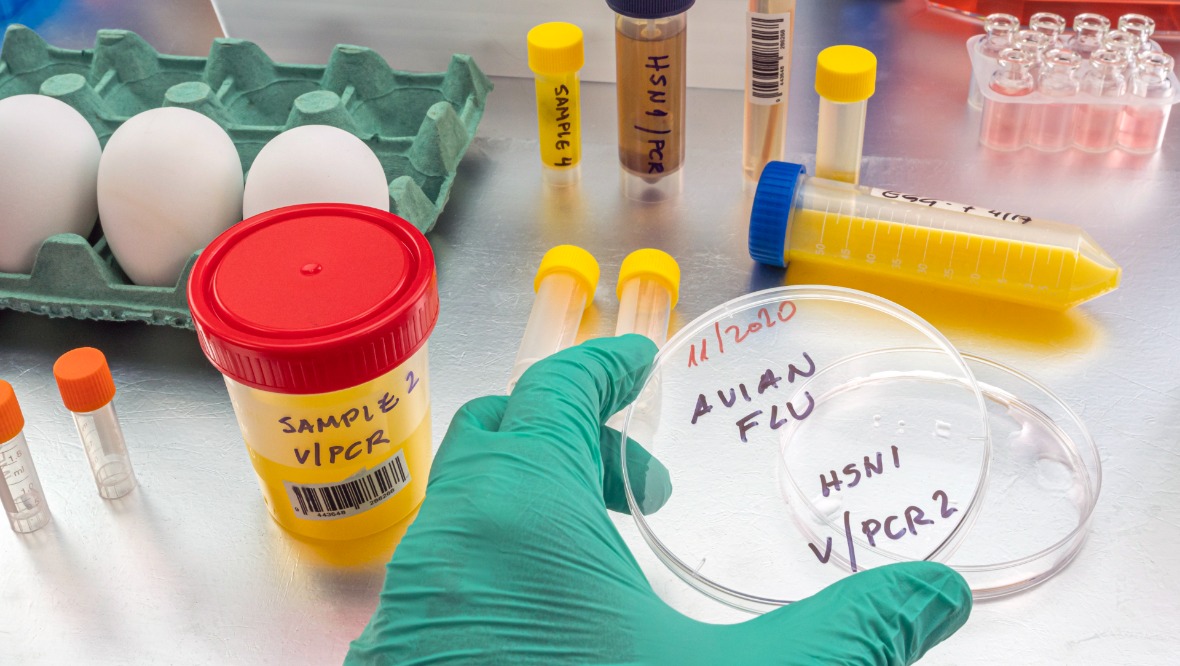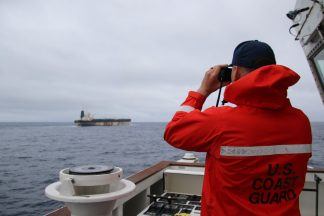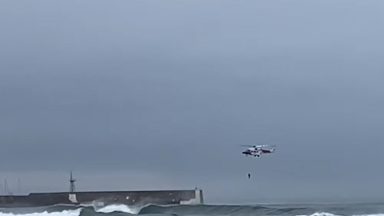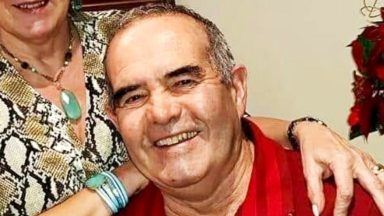A flock of kept birds in Angus has tested positive for bird flu.
The Scottish Government said on Wednesday restrictions have been imposed on the premises to limit the spread of avian influenza (H5N1).
The remaining birds at the premises will be “humanely culled” and two control zones have been set up around the infected premises to limit the risk of the disease.
The three kilometre and ten kilometre temporary control zones will see a range of different measures put in place, including restrictions on the movement of poultry, carcasses, eggs, used poultry litter and manure.
The Scottish Government added that the risk to human health from the virus is “very low”, with food standards bodies advising that avian influenzas pose a very low food safety risk for UK consumers.
It also said cooked poultry products including eggs are safe to eat.
Rural affairs secretary Mairi Gougeon said: “With the recent disease confirmations in wild and captive birds in the UK, it is not unexpected for avian influenza to be found in birds here.
“Temporary control zones have been put in place around the infected premises and we ask that the public remain vigilant and report any findings of dead wild birds.”
Scotland’s chief veterinary officer Sheila Voas added: “We are conducting further tests to establish the pathogenicity of avian influenza H5N1 in a flock of birds in the Angus constituency.
“We have already made clear that all bird keepers – whether major businesses or small keepers with just a few birds – must ensure that their biosecurity is up to scratch to protect their birds from disease.
“Keepers who are concerned about the health or welfare of their flock should seek veterinary advice immediately. Private vets, or the local animal and plant health agency office, will also be able to provide practical advice on keeping birds safe from infection.
“If a single dead wild waterfowl (swans, geese or ducks), a single dead bird of prey, or five or more dead wild birds of any other species (including gulls) are found at the same place at the same time, this should be reported to Defra’s national helpline. Do not touch or pick up any dead or visibly sick birds.”
Follow STV News on WhatsApp
Scan the QR code on your mobile device for all the latest news from around the country


 iStock
iStock
























